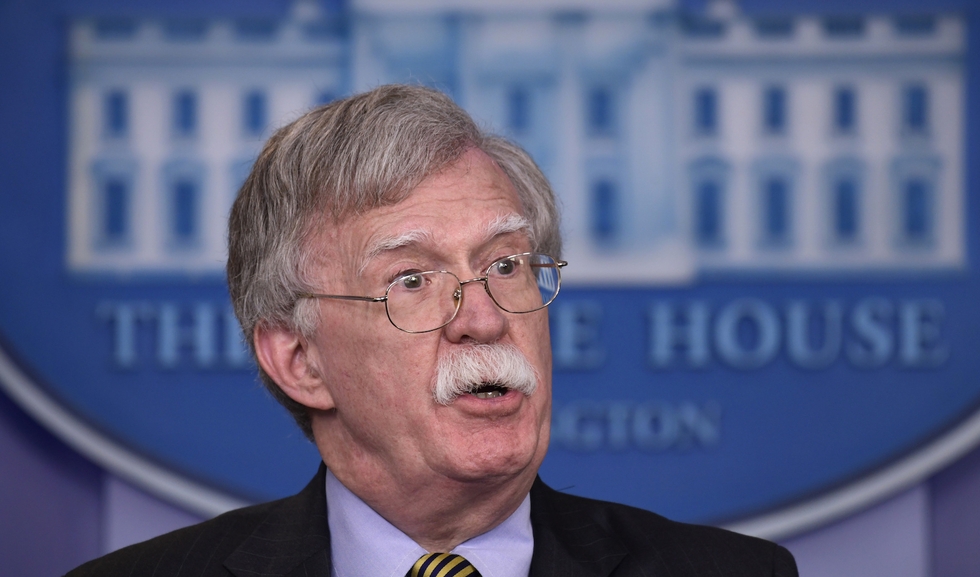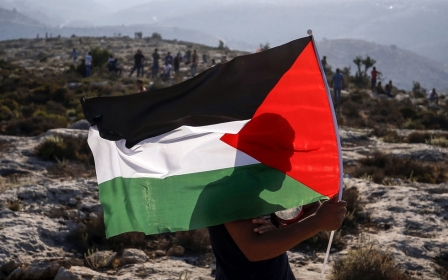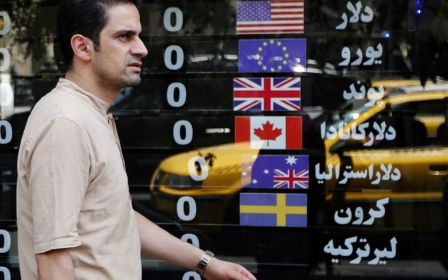US to pull out of provision allowing countries to take Washington to UN court

The Trump administration plans to withdraw from an international treaty provision that allows countries to sue the United States at the International Court of Justice (ICJ) in The Hague.
President Donald Trump's national security adviser, John Bolton, said the amendment to the Vienna Convention on Diplomatic Relations violates US sovereignty.
"The United States will not sit idly by as baseless politicised claims are brought against us," Bolton said during a news briefing at the White House on Wednesday.
He cited a case brought to the court by the "so-called state of Palestine" challenging the move of the US Embassy in Israel from Tel Aviv to Jerusalem as the main reason for withdrawing from the "optional protocol" of the ICJ.
That provision gives the ICJ jurisdiction to hear disputes under the Vienna Convention, the international treaty that outlines relations between states.
The United States will not sit idly by as baseless politicised claims are brought against us
- John Bolton
Additionally, Bolton said the US would examine all international agreements that leave the country open to decisions in international courts or panels.
"We will commence a review of all international agreements that may still expose the United States to purported binding jurisdiction, dispute resolution in the International Court of Justice," he said.
Last month, Bolton threatened to impose sanctions on International Criminal Court officials if they prosecute the US or Israel for war crimes. The Trump administration has also closed the PLO office in Washington in response to Palestinians turning to the ICC to investigate Israeli violations.
Also headquartered in The Hague, the ICC has the power to prosecute individuals for war crimes, crimes against humanity and other violations of international law.
Since taking office in 2017, Trump has moved the US embassy to Jerusalem, declaring the holy city as Israel's capital; pulled the US out of the UN cultural body UNESCO after accusing it of "anti-Israel bias"; withdrew from the UN Human Rights Council over its criticism of Israeli policies, and cut funding for UN Relief and Works Agency for Palestine Refugees (UNRWA).
Washington also suspended $25m in aid for hospitals that serve Palestinians in East Jerusalem, which was illegally annexed by Israel in 1982.
Wednesday's decision came only a few hours after US Secretary of State Mike Pompeo announced that the US was ending its commitment to a decades-old treaty affirming friendly relations between Washington and Tehran.
The US withdrawal from the 1955 Treaty of Amity was "39 years overdue," Pompeo told reporters.
Earlier in the day, the ICJ ordered the US to ensure that sanctions against Iran do not impact humanitarian aid or civil aviation safety.
Iran had argued before the court that sanctions imposed since May by the Trump administration violated the terms of the deal between the two countries.
Pompeo accused Tehran of using the ICJ for "political and propaganda purposes".
In response, Iranian Foreign Minister Mohammad Javad Zarif slammed the US as an "outlaw regime".
Middle East Eye propose une couverture et une analyse indépendantes et incomparables du Moyen-Orient, de l’Afrique du Nord et d’autres régions du monde. Pour en savoir plus sur la reprise de ce contenu et les frais qui s’appliquent, veuillez remplir ce formulaire [en anglais]. Pour en savoir plus sur MEE, cliquez ici [en anglais].




